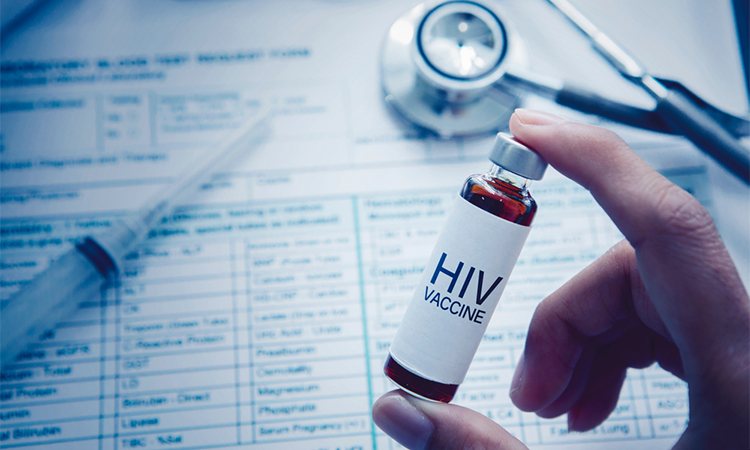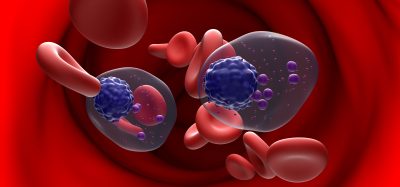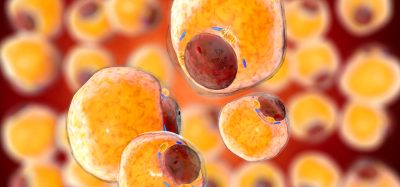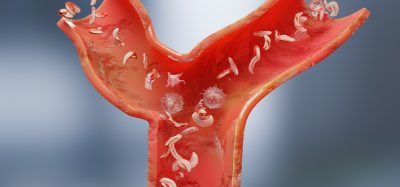“Slow” vaccine delivery improves immune response to HIV
Posted: 27 October 2022 | Ria Kakkad (Drug Target Review) | No comments yet
An experimental HIV vaccine, delivered as increasing doses over several days, led to long-lasting and diverse antibody production in monkeys.


A new study by researchers from La Jolla Institute for Immunology, US, found that an experimental vaccine improves immune response to HIV. Their findings, which were recently published in Nature, found that increasing the doses over several days lead to long-lasting and diverse antibody production in monkeys.
The body’s immune system has many elaborate processes to help fight disease-causing microbes. Some immune cells can form temporary antibody-producing factories called germinal centres within lymph nodes. Germinal centres are protected spaces where B cells, which produce antibodies, can mature, multiply, and continuously evolve. This process improves their ability to make more effective and diverse antibodies that can bind and block foreign invaders.
Germinal centres often have a fleeting existence. Studies have found that the centres are often dismantled about six weeks after first exposure to foreign proteins. This pauses the evolution of new and diverse B cells that could potentially beat back new virus variants.
The team suspected that the life of germinal centres might be prolonged by modifying how vaccines are delivered. They previously found that giving increasing doses of HIV vaccines over several days could lead to more diverse and robust immune responses than single doses. If slow-dosing leads to longer-lasting germinal centres, B cells could have more opportunity to evolve and better bind to different regions of foreign proteins, known as antigens.
To test this idea, research collaborators at a primate centre gave eight rhesus monkeys a series of seven shots of HIV antigen. Shots were given every other day, with increasing doses, for a total of 12 days. Four of the monkeys received a booster shot at week 10 of the study; the others received a booster at week 30. A comparison group of six monkeys received a conventional single dose of vaccine at the start of the study and a booster shot 10 weeks later.
The researchers found that germinal centres for the HIV antigen in the slow-dosed monkeys persisted for at least six months, with B cells continuing to evolve and improve.
Is an HIV vaccine on the horizon?
READ MORE
In conventionally immunised monkeys, germinal centre B-cell binding to the HIV antigen peaked at week 3 and then declined. In contrast, such binding in slow-dosed monkeys remained on the rise. By week 10, the slow-dosed monkeys had 186 times the number of germinal centre B cells targeted to HIV antigens compared to the conventionally immunised monkeys.
A single booster shot given to some monkeys at week 10 led to an increase in HIV-neutralising antibodies. But the slow-dosed monkeys that did not receive a boost at that time saw further improvements to antibody quality and quantity over time. These monkeys, who received a booster at 30 weeks, had even greater levels of neutralising antibodies, better memory B cells, and more diverse antibodies six months after the initial shots.
The findings suggest that a delay in booster shots, along with slow dosing, might make for more effective vaccines against fast-evolving viruses, including influenza and SARS-CoV-2.
“You want to get the immune response started, and then let it do its job. Let it try and undergo as much antibody evolution as it can before you come back with a booster immunisation,” said Dr Shane. “This shows that the immune system can do really extraordinary things if you give it the opportunity—and that in some vaccine contexts, patience really is a virtue.”
Related topics
Antibodies, Vaccine
Related conditions
HIV
Related organisations
La Jolla Institute for Immunology (LJI)








